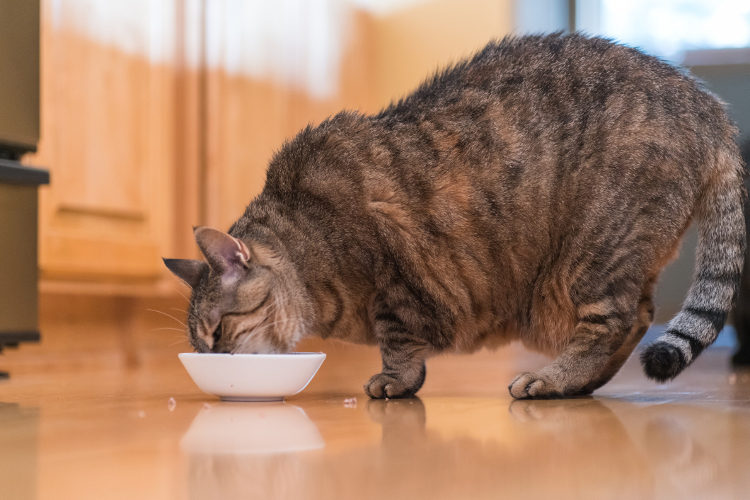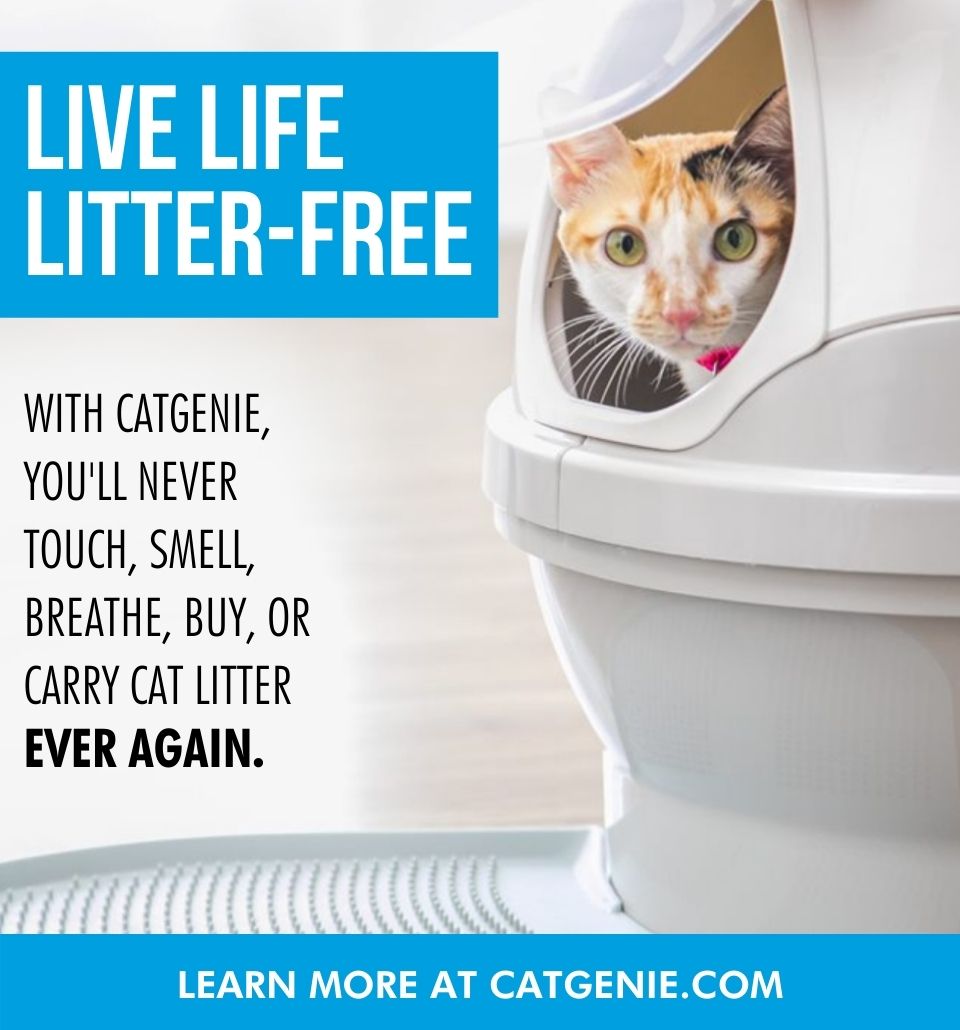What you feed your cat may have a larger impact on his or her health than you realize. Often times we make the mistake of regarding food as just food, forgetting that daily intake needs to be balanced for proper health. A high carbohydrate diet, which is a diet consisting mostly of dry food, has now been suggested as a leading cause of a Diabetes Mellitus in cats. So what should you feed your cat and how to do prevent Feline Diabetes?
What is Diabetes Mellitus (Diabetes for short)?
Diabetes is a disease where the affected doesn’t produce, or improperly uses insulin. What is insulin you ask? Insulin is the name of the hormone responsible for regulating glucose/sugar in the bloodstream. A person or animal with diabetes will typically have elevated levels of sugar in the bloodstream. The elevated sugar levels in the bloodstream can ultimately lead to nerve damage, heart attack or stroke.
Symptoms And Signs?
There are a few common signs to look for when you suspect your cat may have the onset of diabetes, however, there is no smoking gun. Similar to humans, the common signs include an increase in urination. The unused sugar in the body is excreted in urine. An increase in appetite and overall thirst caused by the disease also contribute to the increase in trips to the cat box for a wee (that’s the technical term). If your feline is showing one or more of these symptoms, have your cat examined by a veterinarian and be sure to have them perform a simple blood or urine test for the disease.
Common Causes?
Here’s the thing, we don’t actually know for sure what causes feline diabetes. A study was done to lump certain categories of felines into groups that are more likely to have or be at risk of developing the disease. Not surprisingly, many of the causes are similar to diabetes in adult humans. Adult cats who are overweight, generally inactive, and are greedy eaters all tend to be more at risk of diabetes. According to some studies, being male also increases the odds. Some of the more controversial reasons for feline diabetes stem from what type of food your cat eats.
A direct link has not been made yet, but a recent study shows a connection between high-carbohydrate/starch diets in cats and general poor health including possible diabetes. Diets consisting of mostly dry cat food are high in carbohydrates from the starches used to hold the dry food together. A cat’s natural diet in the wild mainly consists of protein-rich prey with very little carbohydrates. Cats lack several of the enzymes humans have to break down carbohydrates, such as the enzymes in our saliva (salivary amylase). Fun fact, humans start breaking down starches as soon as a starch enters our mouths! Cats, unfortunately, do not metabolize carbs and therefore do not possess saliva capable of breaking down carbohydrates. Domesticated cats who are mostly served wet food tend to be at a lower risk of developing diabetes because quality wet food does a much better job at mimicking a cat’s natural low-carb diet in the wild.
Treatment
The best treatment is prevention! Keep your cat active and engaged. Set aside time to play with him or her every day so you can both get a little extra exercise. Be mindful of what you are feeding your cat daily. There is nothing inherently wrong with dry food, but do your research and pick brands that support a diet that is more in line with a cat’s natural regime. Generally speaking, the section of low carbohydrate healthy cat food is much wider with wet and canned food versus dry food. If your feline is diagnosed with diabetes by your veterinarian, your feline may initially be treated with oral medications or insulin injections. However, it is not uncommon, with a change in diet and more daily activity, for diabetic cats to lose the need for any form of insulin within a few months of the diagnosis. Diabetes is a disease, so it is not something that will ever fully disappear, but the effects can be managed very successfully so your little fur ball will still live out a long, happy, nappy life!
If you suspect your feline may have Diabetes Mellitus, make an appointment with your veterinarian now.






